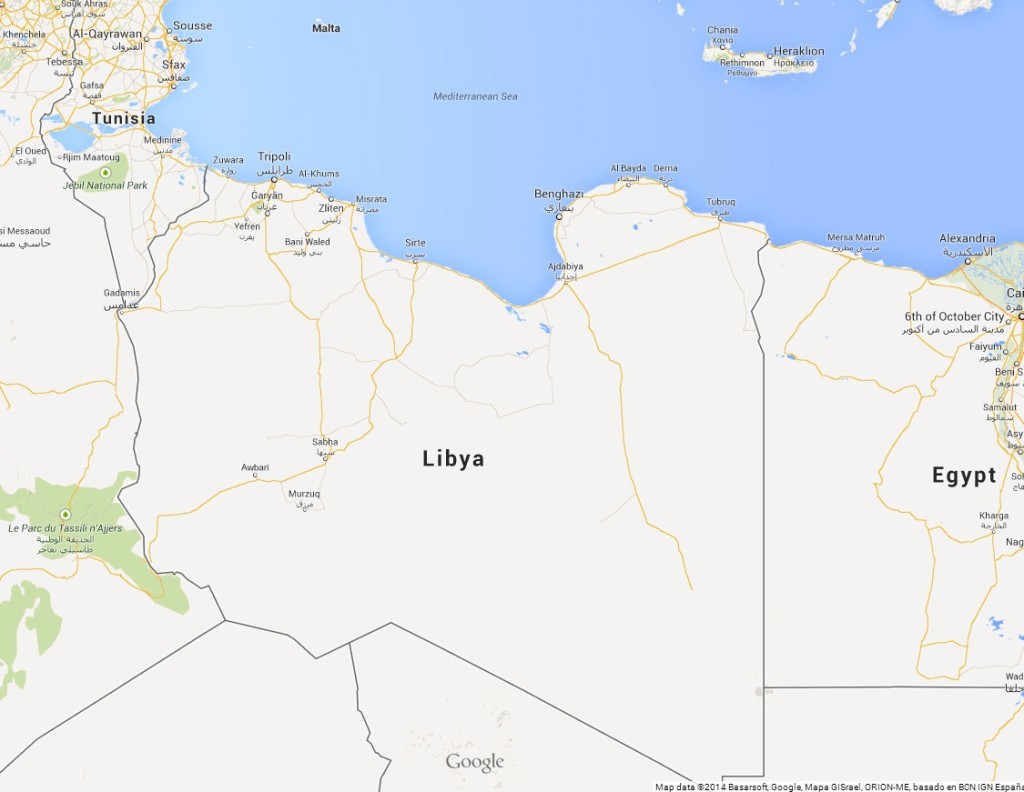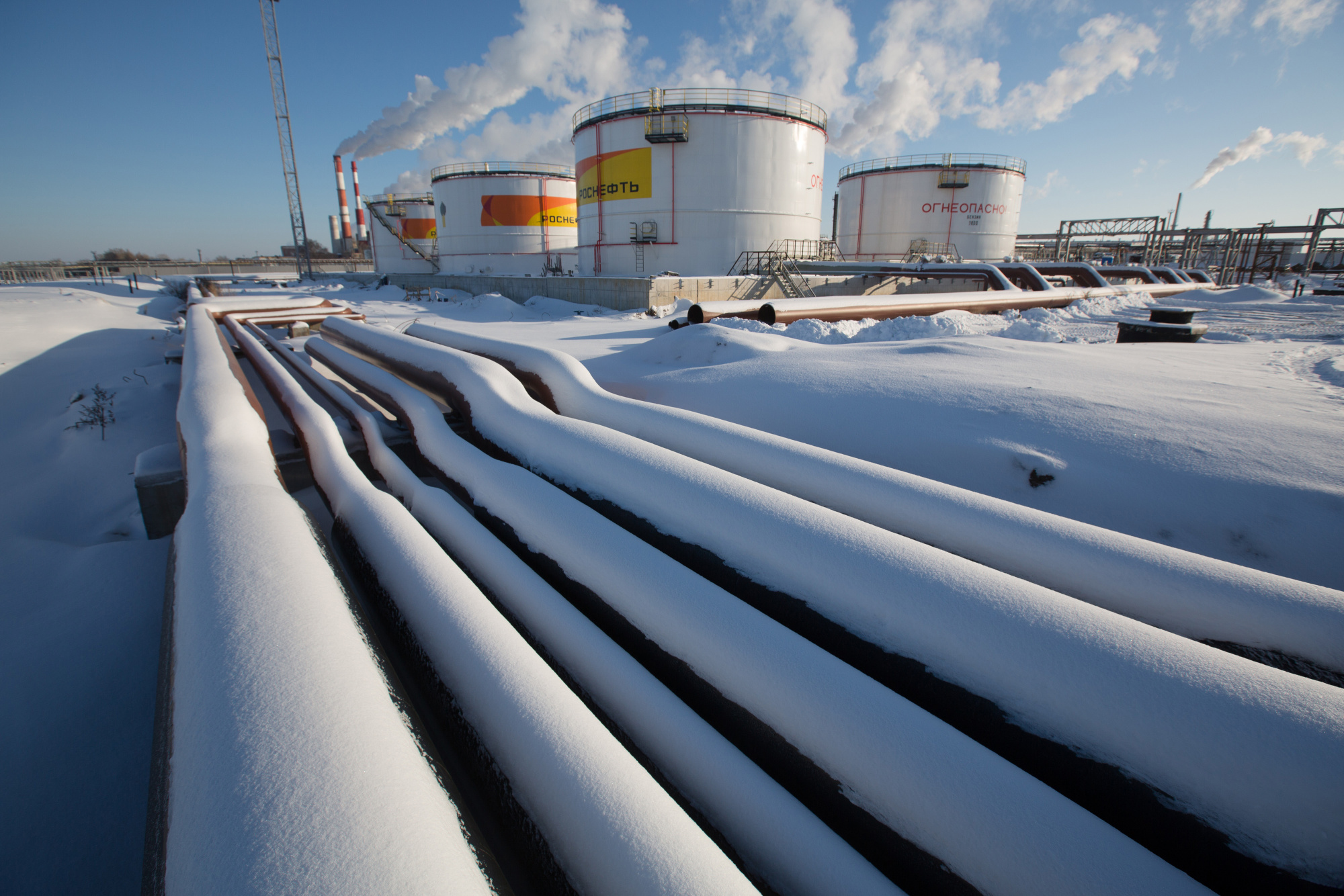
The United Nations Security Council added a tanker carrying Libyan oil to its sanctions list in response to the latest dispute between competing powers in the North African country after Malta refused to allow the ship to dock.
The vessel Distya Ameya was added to the sanctions list on Wednesday after the Tripoli-based National Oil Corp. called the shipment illegal. The Indian-flagged tanker left eastern Libya’s Hariga port after loading 650,000 barrels of crude on Monday. After being refused entry to Malta, the ship was last reported anchored about 30 miles (50 kilometers) southeast of the Mediterranean island in international waters.
Oil company authorities in Tripoli have said they hoped international forces would seize the “illicit” cargo, and the UN decision could provide foreign governments the authority to do so. The sanctions take effect immediately and are valid until July 26, “unless terminated earlier,” according to a statement on the UN’s website. It said the ship “may have been sold recently to an unknown buyer, and the vessel’s name may have changed to Kassos.”
Libya, with Africa’s largest proven crude reserves, broke into two separately governed regions in late 2014, one centered around Tripoli in the west and the other an internationally recognized government in the east. Libyans are currently working with the support of the U.S. and European nations to set up a Government of National Accord.
The country’s divide has extended to the oil company.
The National Oil Corp.’s leadership in Tripoli, recognized by traders such as Glencore Plc and Vitol Group as the country’s official crude marketer, has repeatedly warned traders against loading “illicit” cargoes of oil from the company’s administration in the east.
The cargo refused by Malta had been sold to DSA Consultancy FZC, a company based in the United Arab Emirates, said Nagi Elmagrabi, head of the oil company in eastern Libya. The money for the shipment is due within a month and should be deposited into an account at Bank Al Etihad in Jordan, he said, without disclosing the amount.
“The ball is in the court of the international community,” Mohamed Elharari, spokesman for the company in Tripoli, said by phone Wednesday. “We are waiting for the coalition forces to return the cargo to Libya.”
In 2014, U.S. Navy SEALs seized a crude tanker that rebels tried to ship from central Libya. The ship was subsequently rerouted to a port under the control of the Tripoli authorities.
DSA Consultancy, which operates from Dubai, said the cargo was legitimate.
“DSA always work strictly within the local and international legal frameworks, as of today DSA is not in receipt of any legal basis for challenging the cargo’s legitimacy,” it said in an e-mailed response to questions.
Libya’s oil production has fallen by 100,000 barrels a day due to a lack of port-storage capacity at Hariga, an Arabian Gulf Oil Co. official said Wednesday. The company, a National Oil Corp. unit known as Agoco, reduced output to 130,000 barrels a day from 230,000 barrels, the official said, asking not to be identified because of company policy. A tanker moored now at Hariga has been blocked from loading a cargo of 1 million barrels, and Agoco may need to halt production in the coming days if the situation persists, the official said.
Libya pumped about 1.6 million barrels a day of crude before the 2011 rebellion that ended Moammar Al Qaddafi’s 42-year rule. It’s now the smallest producer in the Organization of Petroleum Exporting Countries, pumping 330,000 barrels a day in March, according to data compiled by Bloomberg. Since Qaddafi’s ouster and death, armed militias are also competing for control of the nation’s oil facilities.
The NOC in eastern Libya has been trying for several months to export oil independently, Riccardo Fabiani, North Africa analyst with the Eurasia Group, said by phone from London. The eastern administration needs the revenue such sales can generate, but its main goal is to undermine the Government of National Accord, he said.
“No one is willing to accept that the eastern government is able to sell oil independently because it would have devastating consequences for Libya,” Fabiani said. “It would be much, much harder to form a national unity government in that case.”
Recommended for you
